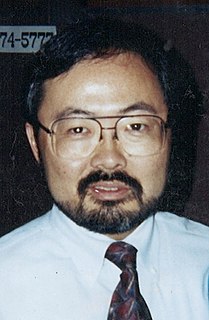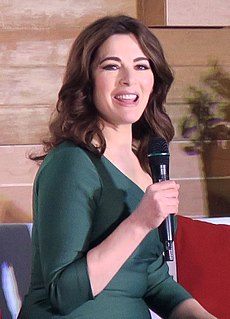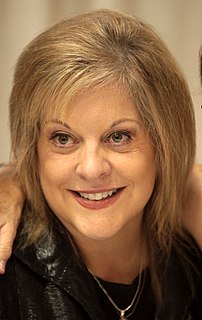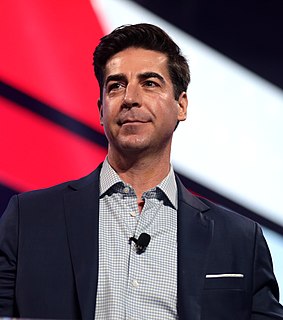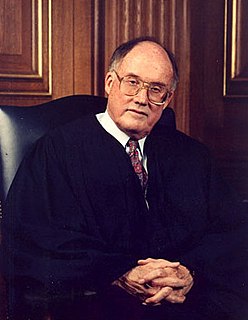A Quote by Lance Ito
If you take the cameras out of the courtroom, then you hide a certain measure of truth from the public.
Related Quotes
Every time my cameras go out on a movie, we learn something new and then we take what we learn and we put it into the next generation of the cameras so we're constantly improving. It's kind of like building a race car, racing it, then running back to the shop and working on the engine some more and tinkering with it to improve it.
It's very difficult to measure the impact on policy of any investigative journalism. You hope it matters to let a little more truth loose in the world, but you can't always be sure it does. You do it because there's a story to be told. I can tell you that the job of trying to tell the truth about people whose job it is to hide the truth is about as complicated and difficult as trying to hide it in the first place.
I've been doing photography in one form or another for, oh golly, over seventy years. I don't carry cameras. I used to. For many years I carried cameras wherever I went. Photograph whatever I saw that was of interest. In the last years, I've only used cameras to explore thematic ideas which presented themselves first. And then bring out the cameras to try to explore that idea.
In representing criminal defendants - especially guilty ones - it is often necessary to take the offensive against the government: to put the government on trial for its misconduct. In law, as in sports, the best defense is often a good offense. The courtroom oath - to tell the truth, the whole truth and nothing but the truth - is applicable only to witnesses... because the American justice system is built on a foundation of not telling the whole entire truth.
I think there are two different types of people in television. There are people who can turn it on like a switch when the cameras go on, and then, when the cameras go off, they kind of lower it down a little bit. And then there are people who are on all the time, no matter if the cameras are there or not.
